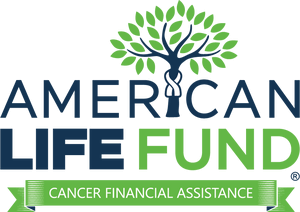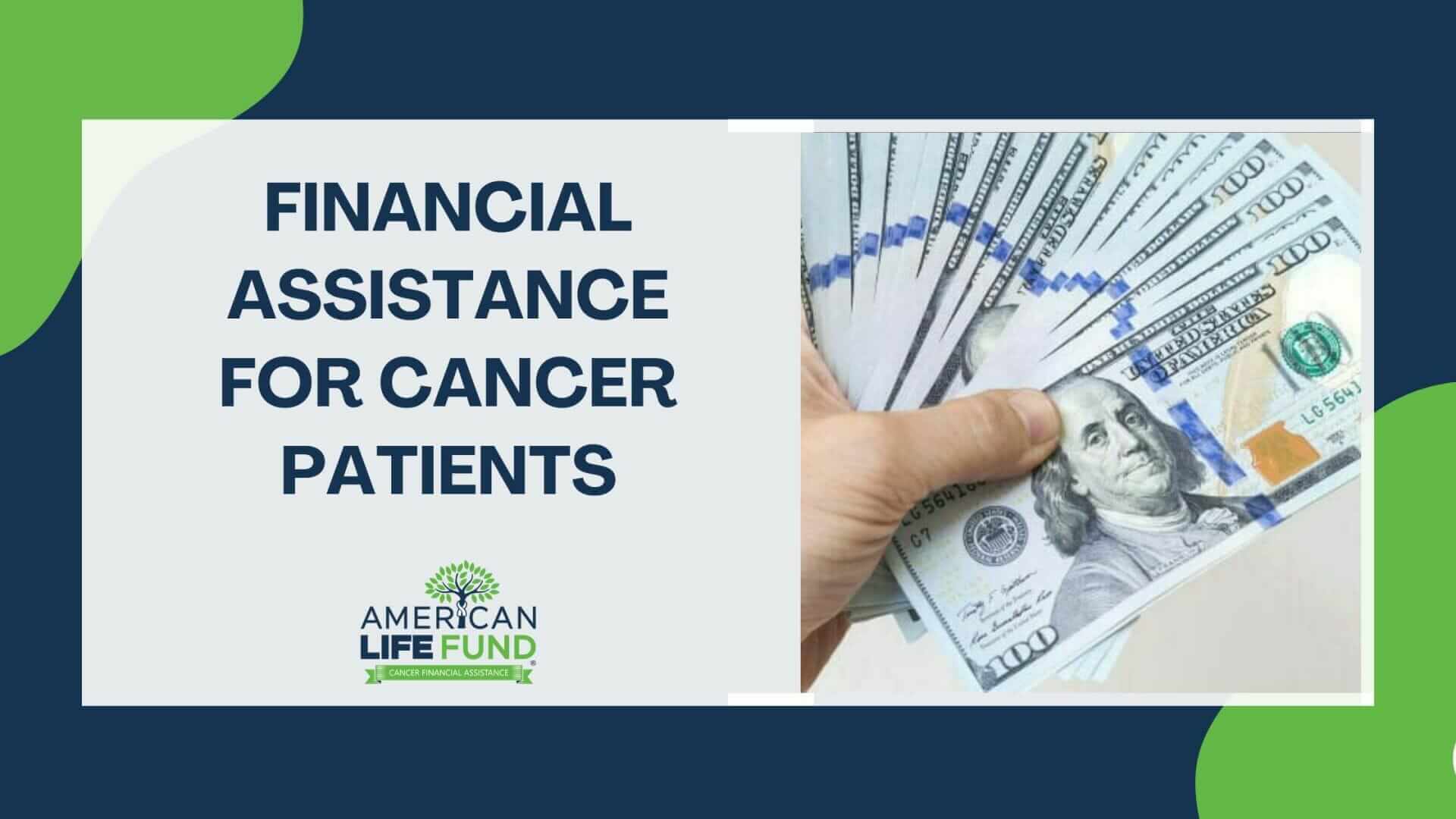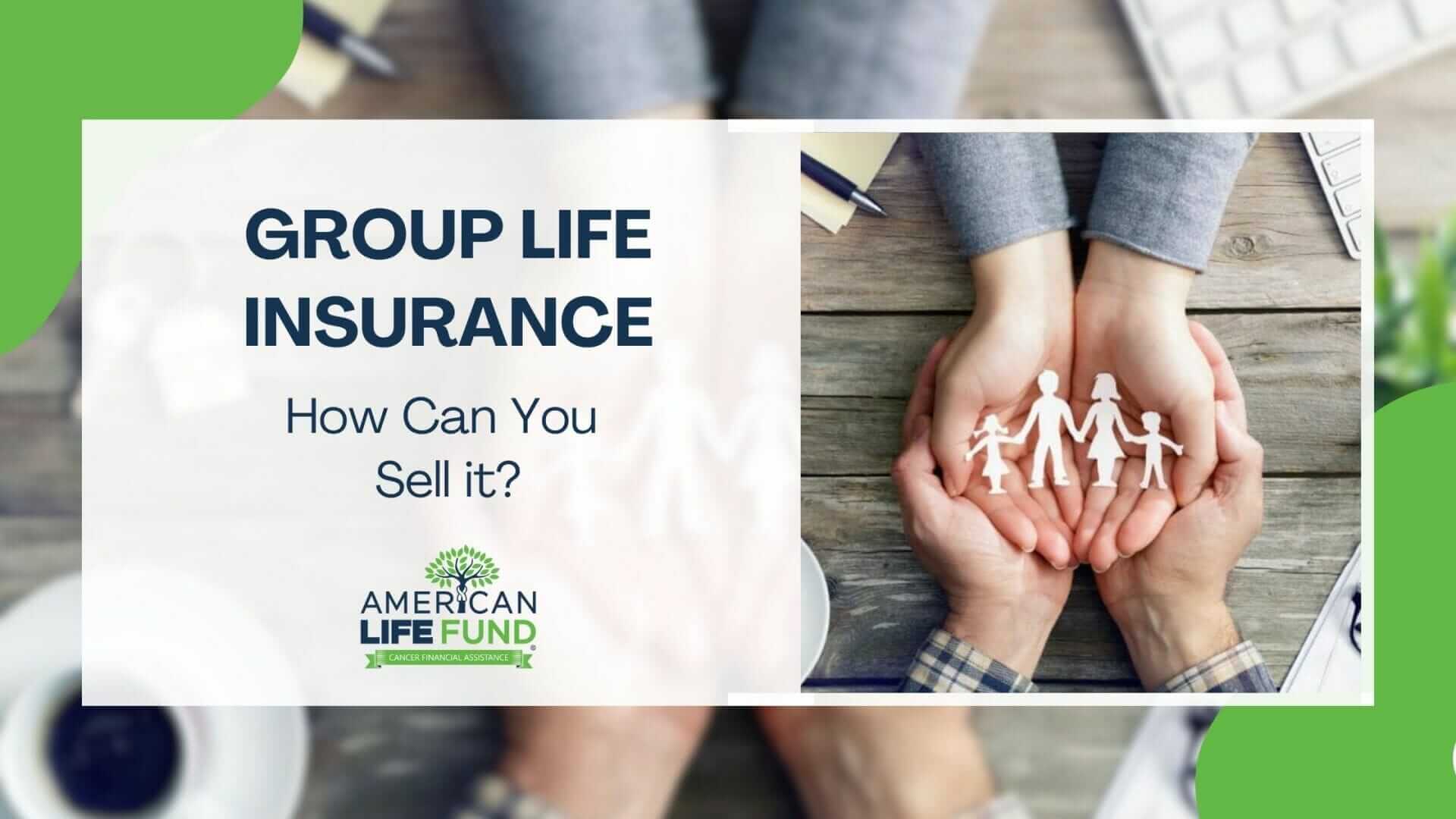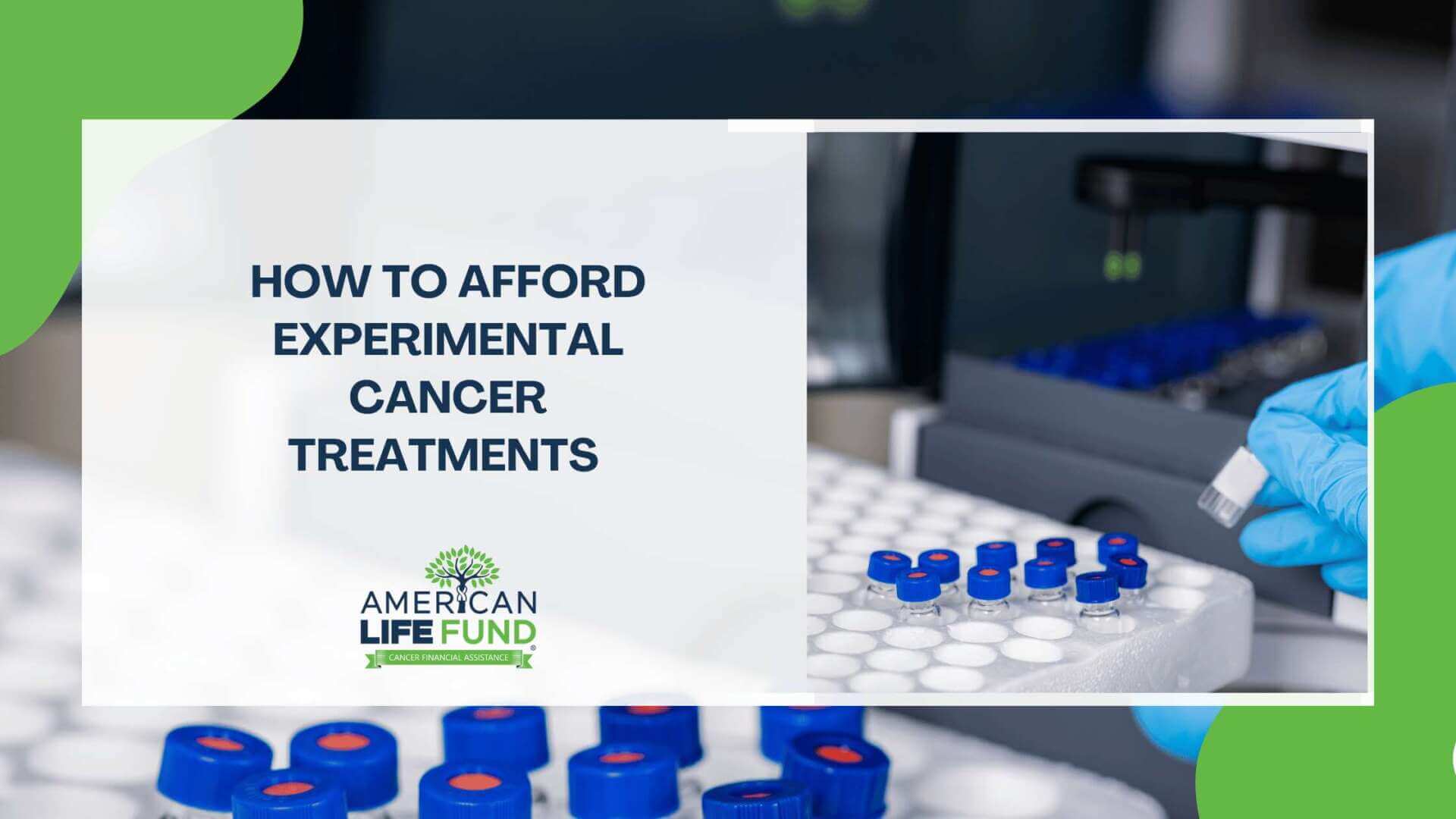Cancer Financial Assistance – Free Money & Aid For Patients
A cancer diagnosis brings enough uncertainty—worrying about the cost of treatment shouldn’t add to the burden.
Many patients are shocked to learn that the average cost of cancer care can exceed $100,000 per year. These overwhelming expenses can leave families feeling helpless—but you’re not alone, and help is available.
There are financial support programs designed specifically for those facing cancer. State and federal options like Medicaid and Medicare can ease the cost of treatment and medications. Nonprofits like the American Cancer Society also offer assistance with transportation, lodging, and everyday expenses.
If you need more immediate relief, a viatical settlement may be an option—allowing you to access funds from your life insurance policy to cover urgent costs.
No one should have to choose between treatment and financial stability. These resources exist to support you, so you can focus on healing and spending time with the people who matter most.
1) Viatical Settlements: Your Life Insurance Policy Pays You
Imagine having a safety net you didn’t even know about. Your life insurance policy can be that unexpected relief. While health insurance and government programs like Medicare and Medicaid cover some expenses, many patients still face significant out-of-pocket costs. What if you were told that your life insurance policy could be transformed into immediate financial support through a viatical settlement? This option provides a lump-sum cash payment, helping you manage expenses and focus on what truly matters.
How Viatical Settlements Work
- Eligibility: Viatical settlements are designed for life insurance policyholders with life-threatening illnesses, reduced life expectancies, or chronic health issues.
- Payment: Cancer patients can sell their life insurance policy to third-party buyers in return for a lump-sum payment. This payment is more than the cash value of the life insurance policy but less than the death benefit.
- Process: The settlement process can be swift, with some individuals receiving up to 70% of their life insurance policy value in as little as two weeks. For instance, a $500,000 life insurance policy might yield a viatical settlement payout of $350,000. The viatical settlement company takes over paying the monthly insurance premiums and receives the death benefit after the seller’s passing.
- Tax Benefits: The funds from a viatical settlement are tax-free, and the policyholder can decide how to spend them—whether on medical expenses, living expenses, or even a vacation with loved ones.
Advantages of Viatical Settlements
- Immediate Access to Funds: Quick access to cash helps manage immediate expenses.
- Flexibility: Use the funds as needed, providing financial relief and peace of mind.
- Hassle-Free Process: Simplified application process ensures a smooth experience.
Starting the Viatical Process
If you’re considering selling your life insurance policy, American Life Fund is here to help. Our primary goal is to alleviate the financial burden associated with cancer care, reducing stress and allowing you to focus on the things that matter most. Through our hassle-free application process, we help you get an immediate cash offer for your insurance policy.
If you have any more questions then check out our FAQ section or you can contact us directly.
2) Mortgage, Rent, And Utility Assistance For Cancer Patients
When facing the challenges of cancer treatment, the last thing anyone should worry about is how to pay for basic utilities. Every bit of financial assistance can make a significant difference, providing help during trying times.
More than just financial aid, utility assistance serves as a key support system for cancer patients. It’s designed to help cover essential home utilities, including energy costs, regular bills, and even critical energy-related repairs. By alleviating these expenses, patients can focus their resources and energy on their treatment and recovery, free from the added stress of accumulating bills.
Several organizations and programs offer this type of support:
- 2-1-1: A call center providing information and referrals for everyday needs and crises, including utility assistance. Contact 2-1-1 for local availability.
- LIHEAP (Low Income Home Energy Assistance Program): Assists low-income households with home energy costs and repairs. In 2022, over 6 million households benefited from LIHEAP, which helped cover heating and cooling costs, ensuring patients can maintain a comfortable living environment during treatment. Check their website for state-specific details.
- Cancer Horizons: Offers various resources, including utility assistance, for cancer patients.
- The Pink Fund: Provides financial aid to cover utility costs for cancer patients.
- Cancer Financial Assistance Coalition (CFAC): Helps navigate the financial challenges of cancer treatment.
- Community Action Partnership: Administers programs like LIHEAP and other emergency financial assistance. Search by zip code or call 202-265-7546.
- Expect Miracles Foundation’s Samfund Grants: Supports young adult cancer survivors with post-treatment financial needs.
- Family Reach: Offers financial education, resource navigation, and emergency relief funds.
- Headstrong Foundation: Provides financial assistance to individuals with blood cancer.
- Homeownership Preservation Foundation: Helps homeowners avoid foreclosure and navigate financial challenges.
- Live Like Bella Childhood Cancer Foundation: Provides financial assistance for pediatric cancer families.
- NetWish: Offers up to $200 in assistance for those with financial need.
- Pinky Swear Foundation: Supports kids with cancer and their families financially and emotionally.
- Rally Foundation: Raises funds for childhood cancer research.
- The Andrew McDonough B+ Foundation: Provides financial assistance to families of children with cancer.
- The National Children’s Cancer Society: Offers financial and emotional support during a child’s cancer treatment.
3) Prescription, Treatment, And Pharmaceutical Patient Assistance Programs
Cancer medications can be costly, but several resources are available to help alleviate these expenses:
- Drug Companies: Many pharmaceutical companies offer assistance programs that can help with insurance repayments or provide discounted or free medication. Contact the manufacturer of your medication directly for potential assistance.
- Medicine Assistance Tool: This tool connects patients with various prescription assistance programs, offering free or reduced-cost prescriptions. Their user-friendly website lists multiple options that cancer patients might qualify for.
- Needy Meds: Provides a free Drug Discount Card, which can lead to savings of up to 80% on prescription medications. Contact them at 800-503-6897 for more details.
- Medication Assistance Programs Grid: A detailed overview of assistance programs, provided by the University of Arizona Cancer Center.
- The Assistance Fund: Offers financial support to chronically ill patients facing high medication costs. In 2022, The Assistance Fund (TAF) provided financial assistance to more than 48,000 patients.
- Good Days: Provides financial assistance by covering co-pays for individuals with life-altering conditions.
- Patient Advocate Foundation’s Co-Pay Relief (CPR): Offers direct financial aid for medication copayments and coinsurance expenses.
- Patient Services, Inc.: Helps with insurance premiums and co-payments for individuals with chronic diseases.
- RxHope.com: Assists patients in obtaining free or low-cost prescription medications.
4) Travel And Transportation Assistance For Cancer Patients
Transportation costs for frequent trips to treatment can add up quickly. Thankfully, there are various resources available to help:
Gas and Grocery Assistance:
- Tenaciously Teal: Provides gas and grocery gift cards.
- The Cancer Card Xchange: Offers support through gift cards.
- NeedyMeds: Assists with medical transportation and travel expenses.
Air Travel Assistance:
- Air Care Alliance: Lists free transportation services from volunteer pilots and charitable aviation groups.
- Air Charity Network: Coordinates free air transportation across the U.S.
- Along Comes Hope®: Supports families of children with cancer, offering financial assistance for travel.
- Angel Flight East & Angel Flight Northeast: Provide free air transportation for treatment.
- Corporate Angel Network: Arranges free air travel using empty seats on private and corporate jets.
- LifeLine Pilots: Offers free air transportation through volunteer pilots.
- Mercy Medical Angels: Provides free or low-cost transportation for medical purposes. Mercy Medical Angels provided over 45,000 patient trips in 2023.
- PALS (Patient AirLift Services): Arranges free air travel for those unable to fly commercially.
Free Gift Cards:
- The Cancer Card Xchange: Distributes gift cards to cancer patients for groceries, transportation, and other essentials.
- Cancer Alliance of Help & Hope: Provides financial assistance through gift cards.
- Hope Chest: Offers gift cards for groceries, gas, and other necessities to breast cancer patients.
5) Fundraising
One of the quickest and easiest ways to supplement cancer costs is fundraising. With a little upfront investment of your time and a good social network, fundraising can be an effective tool for harnessing financial assistance for cancer.
Online fundraising platforms like GoFundMe allow you to post your need/cause and share that need/cause with others. The downside is you only receive a portion of the funds raised. It can be an efficient way to help relieve cancer treatment-related expenses.
The second method of fundraising worth considering–and from which you’ll get to keep all profits– is known as a personal fundraiser. With this type of fundraiser, you, your friends, and your family raise funds by offering something to the community, such as a bake sale or car wash.
Feel free to check out MedGift Advocacy Services for a list of fundraising ideas.
6) Health Insurance
Health insurance is important in providing financial assistance for people with cancer. Here’s how health insurance can assist:
- Coverage of Treatment Costs: Includes surgeries, chemotherapy, radiation therapy, and targeted therapies.
- Prescription Drug Coverage: Reduces out-of-pocket costs for expensive cancer medications.
- Hospital and Doctor Visits: Covers regular check-ups, diagnostic tests, hospital stays, and follow-up visits.
- Specialized Treatments: May cover advanced or experimental therapies if medically necessary.
- Home Health Care: Covers the costs of care at home if needed.
- Rehabilitation and Therapy: Helps with post-treatment rehabilitation, physical therapy, or occupational therapy.
- Durable Medical Equipment: Covers or partially covers items like wheelchairs, walkers, or oxygen equipment.
- Mental Health Services: Provides coverage for counseling or therapy to cope with a cancer diagnosis.
- Preventive Services: Covers cancer screenings at no extra cost for early detection.
- Caps on Out-of-Pocket Costs: Once the annual maximum is reached, insurance covers 100% of the allowed amount.
- Assistance with Appeals: Helps patients with the appeals process if a claim is denied.
- Case Management Services: Offers support to understand diagnosis, treatment options, and available benefits.
- Financial Counseling: Assists in understanding coverage, out-of-pocket costs, and financial assistance options.
7) Cancer-Specific Organizations And Financial Grants
There is a multitude of organizations that offer financial assistance for cancer patients through grants. This type of financial assistance is also known as a cancer-specific financial grant.
While some grants are generalized and open to applicants with all cancer types, others are specific to certain cancers. The best way to search for financial assistance for cancer patients that you may qualify for is through your local nonprofit organizations.
When looking online, try searching for “cancer financial grants,” “cancer help near me,” “cancer patient discounts,” or grants specific to a certain type of cancer, such as “lung cancer financial grants” or ”metastatic breast cancer treatment grants,” for example. The best part about cancer financial grants is that they are free money and don’t come with strings attached.
The Colorectal Cancer Alliance offers limited financial assistance for cancer patients through a one-time financial stipend for up to $300 and The Breast Cancer Charities of America offers grants for up to $1,000, accepting applications monthly from the 1st of the month to the 5th of the month.
Regarding financial grants, the most challenging part is locating a nonprofit cancer organization with funding available. Although it can be time-consuming to locate grants, the time invested can pay for itself. Don’t be discouraged–persistence is key, and resources are out there.
The following organizations offer financial assistance in the form of grants to cancer patients in need:
- Patient Advocate Foundation
- American Cancer Society (there are a multitude of lodges around the USA so try googling “american cancer society near me”)
- National Cancer Assistance Foundation
- The COC Dollars Allocated to Assist Grant Fund
- Headstrong Foundation
- Cancer Family Relief Fund (must be a parent facing cancer to be eligible)
- Cancer Financial Assistance Coalition (this is a tool that connects cancer patients with financial assistance resources based on geographic location and diagnosis)
Visit our blog for a more comprehensive guide on organizations that help cancer patients financially.
8) Governmental Assistance Programs
Several governmental assistance programs are designed to help ease this financial burden for patients and their families.
- Medicaid: Offers health coverage for low-income individuals, including adults, children, pregnant women, elderly adults, and people with disabilities. Eligibility varies by state and financial situation.
- Medicare: Primarily for seniors, it also covers younger individuals with disabilities or specific diseases, including cancer. Contact the Centers for Medicare & Medicaid Services at 800-633-4227 for more details.
- Social Security Disability Insurance (SSDI): Provides financial help if cancer prevents you from working. Contact the Social Security Administration at 800-772-1213.
- Supplemental Security Income (SSI): Supports elderly, blind, or disabled individuals with minimal income to cover basic needs like food, clothing, and shelter.
- U.S. Department of Health & Human Services: Offers information on public assistance and food stamps.
- U.S. Administration on Aging: Provides benefits for older adults through the Eldercare Locator. Call 800-677-1116 for resources in your community.
- State-specific Programs: Many states have their own assistance programs for medical costs, prescription drugs, and other needs. Check with your local health department or social services office for more information.
9) Community And General Organizations
Local communities often have organizations that provide various forms of assistance to individuals in need, including those battling cancer.
- 211 Information and Referral Service: This is a valuable resource for finding local support. You can visit their website at www.211.org to see if they operate in your area and to get information on available services.
- United Way: A renowned organization offering various assistance based on local community needs.
- Catholic Charities: Some catholic charities provide various services, from food and housing assistance to counseling. For more information, you can contact them at 703-549-1390.
- Salvation Army: Known for their charitable work, the Salvation Army offers various support services. You can contact them at 800-728-7825 for specific details on how they might assist.
10) Nonprofit Programs For Co-Pay Relief
Medical treatments can be expensive, and even with insurance, copayments and deductibles can add up. Thankfully, several nonprofit organizations specialize in helping patients with these cancer related costs. While each program has its own rules and might focus on specific types of cancer, they all aim to ease the financial stress for patients.
- CancerCare® Co-Payment Assistance Foundation: CancerCare® offers support to eligible patients to help with copayments. You can reach them at 866-55-COPAY (26729) for more details.
- Good Days: The Good Days organization provides financial assistance to those in need. For more information, call 877-968-7233.
- HealthWell Foundation: The HealthWell Foundation assists with copayments and other medical-related costs. Contact them at 800-675-8416.
- The Leukemia & Lymphoma Society’s Co-Pay Assistance Program: Specifically for patients with leukemia or lymphoma, the Leukemia & Lymphoma Society offers financial aid for treatment-related costs. Call 877-557-2672 for more information.
- National Organization for Rare Disorders (NORD): While NORD focuses on rare disorders, it also provides financial assistance for eligible patients. Reach out to them at 800-999-6673.
- Patient Access Network Foundation: Patient Access Network Foundation offers support for copayments and other treatment-related costs. For details, call 866-316-7263.
- Patient Advocate Foundation Co-Pay Relief Program: The Patient Advocate Foundation provides financial assistance to reduce the burden of copayments. Contact them at 866-512-3861.
For more information, see our blog post on charities and organizations that help cancer patients financially.
11) General Cancer Organizations
There are several organizations dedicated to supporting cancer patients, offering everything from financial assistance to emotional support and research information. These organizations play a key role in the cancer community, providing resources, advocacy, and care for those affected by the disease.
- CancerCare: CancerCare is a leading organization that helps cancer patients offering a range of services to them and their families. For support, call 800-813-HOPE (4673).
- American Cancer Society: American Cancer Society is a globally recognized organization that provides information, support, and advocacy for cancer patients. Reach out to them at 800-227-2345.
- Be the Match (National Marrow Donor Program): Be the Match focuses on bone marrow donations and transplants, helping patients find matches and offering support throughout the process. Contact them at 888-999-6743.
- The Leukemia & Lymphoma Society: Dedicated to supporting patients with leukemia or lymphoma, The Leukemia & Lymphoma Society offers a range of resources and assistance. Call 800-955-4572 for more details.
- Lymphoma Research Foundation: Focusing on research and support for lymphoma patients, the Lymphoma Research Foundation can be reached at 800-500-9976.
- Patient Advocate Foundation’s Colorectal CareLine: Specifically for patients with colorectal cancer, the Patient Advocate Foundation’s Colorectal CareLine provides financial assistance and other resources. For assistance, call 866-657-8634.
- Sarcoma Alliance: An organization dedicated to those affected by sarcoma, offering support, resources, and research information. Contact the Sarcoma Alliance at 415-381-7236.
Visit our blog for a more comprehensive guide on organizations that help cancer patients financially.





